The European Union has taken a significant step toward regulating artificial intelligence in creative fields with its latest mandate requiring clear labeling of AI-generated music. Under the new rules, any musical work created using AI tools must disclose the datasets used during its training phase. This move aims to bring transparency to an industry increasingly dominated by algorithmically produced content while addressing growing concerns about copyright infringement and artistic originality.
At the heart of the legislation lies a fundamental question about creative ownership in the digital age. As generative AI systems compose increasingly sophisticated musical pieces, the line between human and machine creativity becomes blurred. The EU's approach doesn't prohibit AI music generation but insists on what some officials call "algorithmic honesty" - ensuring listeners know when they're engaging with computer-assisted creations and understanding the material that informed those outputs.
The recording industry has responded with mixed reactions. Major labels see the regulation as a necessary framework to protect intellectual property rights, while independent producers worry about the bureaucratic burden on smaller creators. "This is about maintaining trust between artists and audiences," remarked a spokesperson for Universal Music Group. "When a song moves people, they deserve to know whether that emotional resonance came from human experience or data patterns."
Technical implementation presents considerable challenges. AI music platforms often train on vast, heterogeneous datasets compiled from multiple sources - some properly licensed, others of questionable provenance. Tracking and disclosing every component would require sophisticated metadata systems that don't currently exist at scale. Several startups specializing in AI music generation have already announced partnerships with blockchain firms to develop tamper-proof training data ledgers.
Legal experts note the regulation creates novel copyright dilemmas. Traditional music copyright protects specific compositions and recordings, but the new rules effectively create copyright-like protections for training datasets themselves. This could lead to situations where AI-generated works infringe not by copying output but by using unauthorized input data - a legal gray area that courts will likely spend years interpreting.
Consumer advocacy groups have largely praised the measure, comparing it to nutritional labeling for algorithmic content. "Just as people want to know what's in their food, music lovers should understand what's in their music," said the director of Digital Rights Europe. Early surveys suggest listeners do care about these distinctions, with about 60% of respondents in a recent EU poll stating they'd prefer knowing when music comes from AI systems.
The regulation arrives amid explosive growth in AI music tools. What began as simple auto-tune applications and algorithmic composition aids has evolved into systems capable of generating complete songs in specific artists' styles. Some platforms now allow users to create "new" tracks by deceased musicians or produce infinite variations on musical themes. This rapid advancement forced regulators to act before the technology outpaced existing legal frameworks.
Implementation timelines remain somewhat flexible, with provisions for different organization sizes. Major streaming platforms will need to comply within twelve months, while individual creators and small studios have up to three years. The EU has allocated funds to help develop the technical standards and verification tools needed to enforce the rules effectively. Early prototypes include audio fingerprinting systems that can detect likely AI generation and prompt dataset disclosure.
Artists themselves remain divided. Some view AI as a collaborator that expands creative possibilities, while others see it as existential competition. "The regulation doesn't solve the bigger question of what art means in the AI age," noted a Grammy-winning producer who wished to remain anonymous. "But at least it prevents companies from pretending algorithms have genuine life experiences to express."
Musicologists warn that the focus on datasets might oversimplify creative processes. "Great human artists transform their influences into something new," explained a professor at the Berlin University of the Arts. "With AI, we're dealing with systems that reorganize existing material without true understanding. The dataset requirement helps surface that distinction."
Looking ahead, the regulation may establish a template for other creative domains. EU officials have hinted that similar rules could apply to AI-generated visual art, literature, and even video content. As generative AI becomes ubiquitous across cultural production, Europe appears determined to shape an ethical framework that balances innovation with transparency and respect for creative origins.
The long-term impact remains uncertain. Some fear the rules could stifle European AI development, pushing innovation to less regulated markets. Others believe it will foster higher-quality, ethically sourced AI tools that gain consumer trust. What's clear is that as artificial intelligence reshapes music creation, listeners will now have more information about what - and who - is really behind the songs they love.
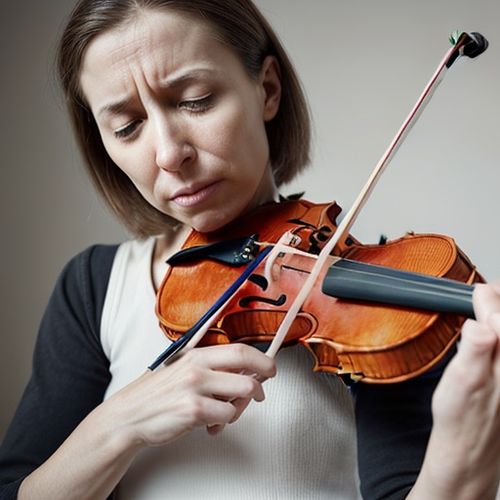
By Ryan Martin/Apr 14, 2025
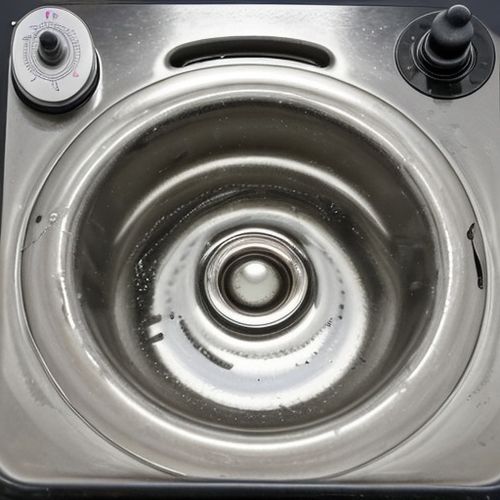
By Daniel Scott/Apr 14, 2025
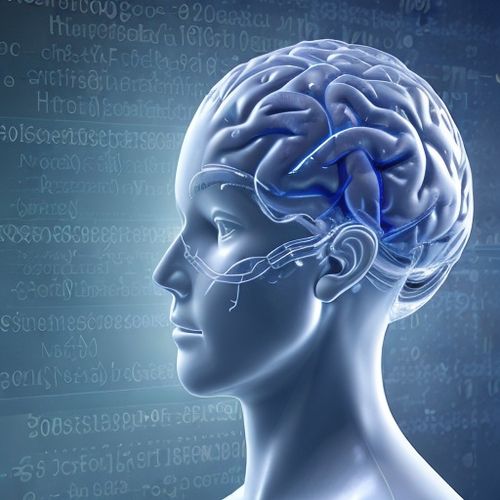
By Megan Clark/Apr 14, 2025
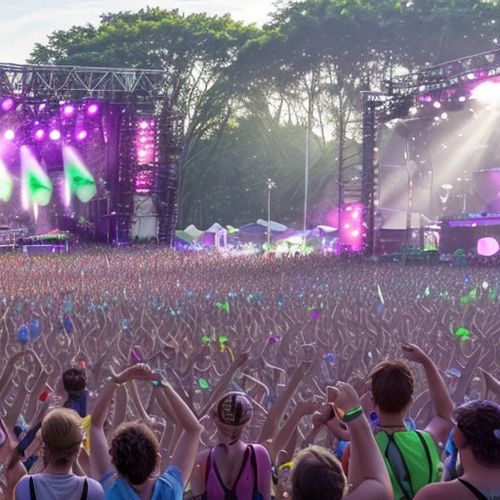
By Noah Bell/Apr 14, 2025
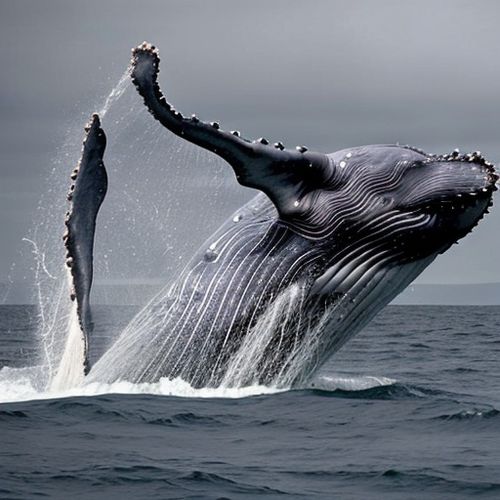
By George Bailey/Apr 14, 2025
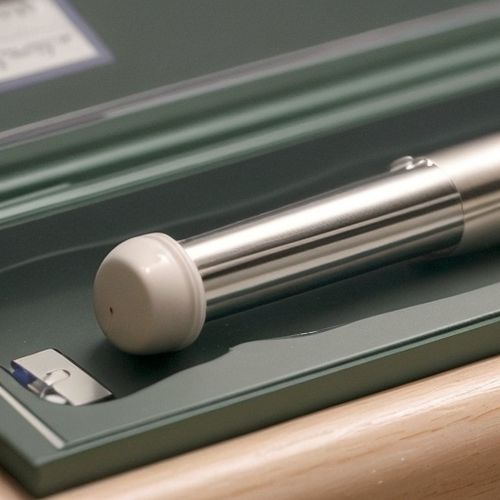
By Laura Wilson/Apr 14, 2025
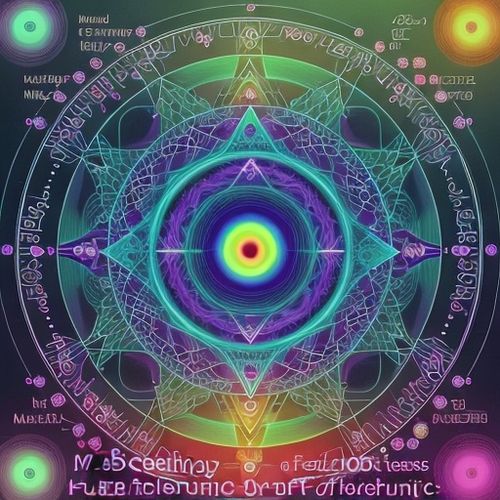
By Ryan Martin/Apr 14, 2025

By Grace Cox/Apr 14, 2025

By Amanda Phillips/Apr 14, 2025
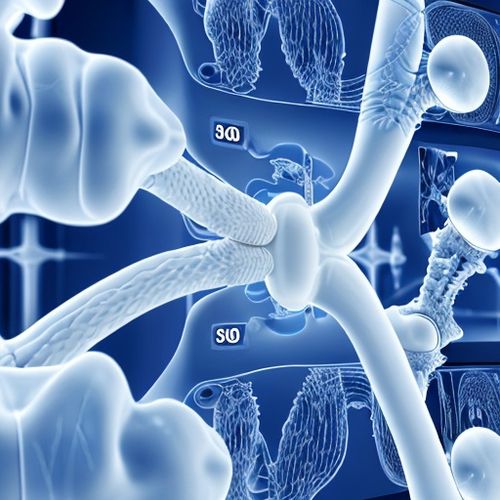
By Joshua Howard/Apr 14, 2025
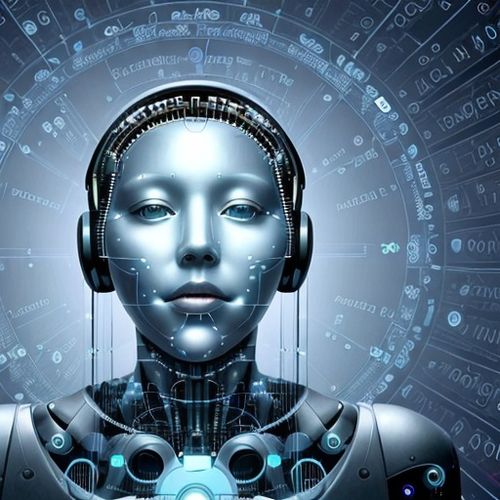
By Emily Johnson/Apr 14, 2025
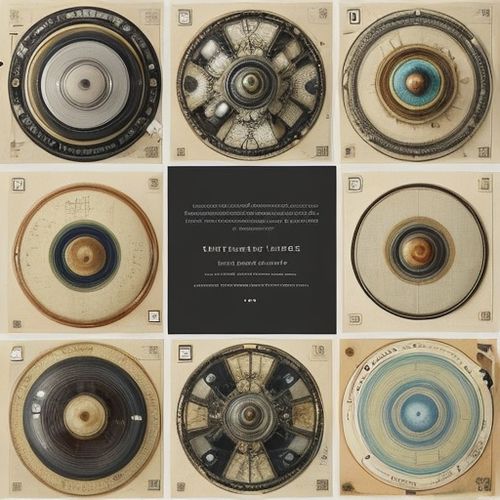
By Michael Brown/Apr 14, 2025

By Benjamin Evans/Apr 14, 2025
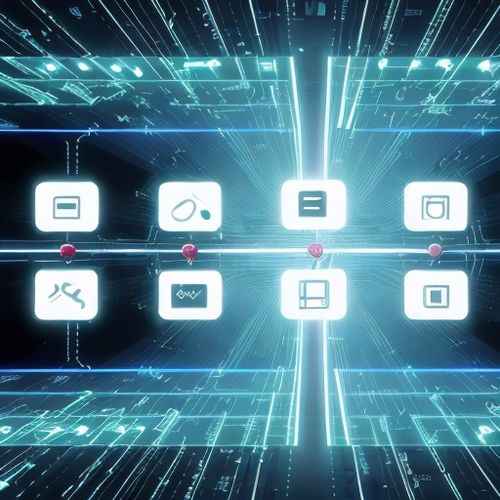
By Megan Clark/Apr 14, 2025
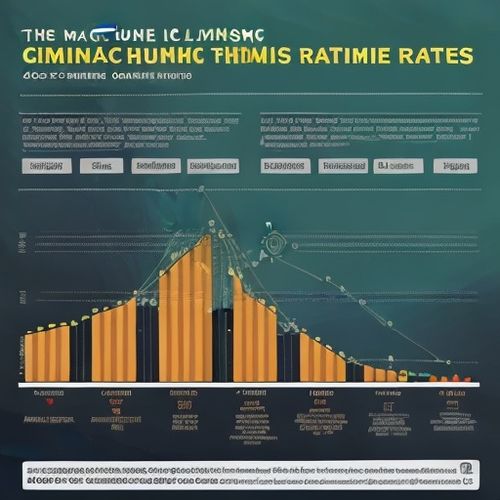
By Lily Simpson/Apr 14, 2025
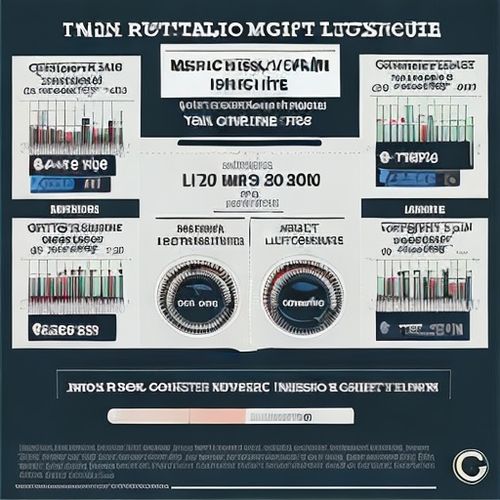
By Samuel Cooper/Apr 14, 2025

By Olivia Reed/Apr 14, 2025
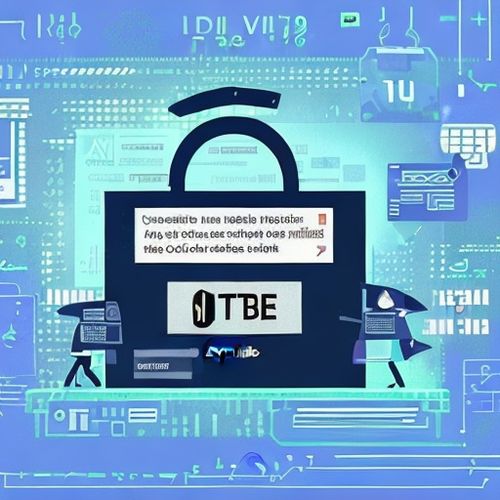
By Christopher Harris/Apr 14, 2025
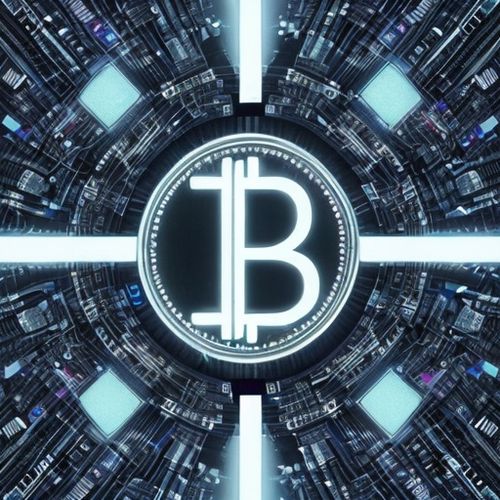
By Megan Clark/Apr 14, 2025
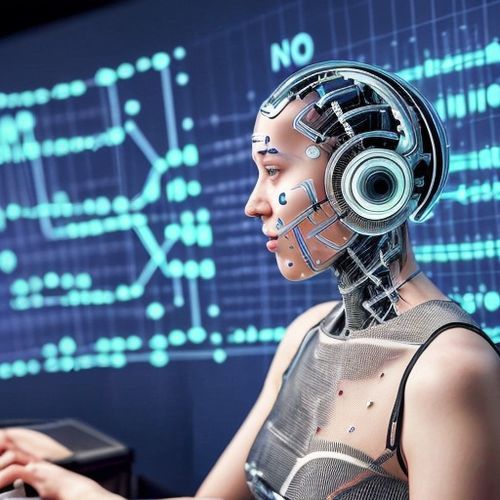
By Emma Thompson/Apr 14, 2025